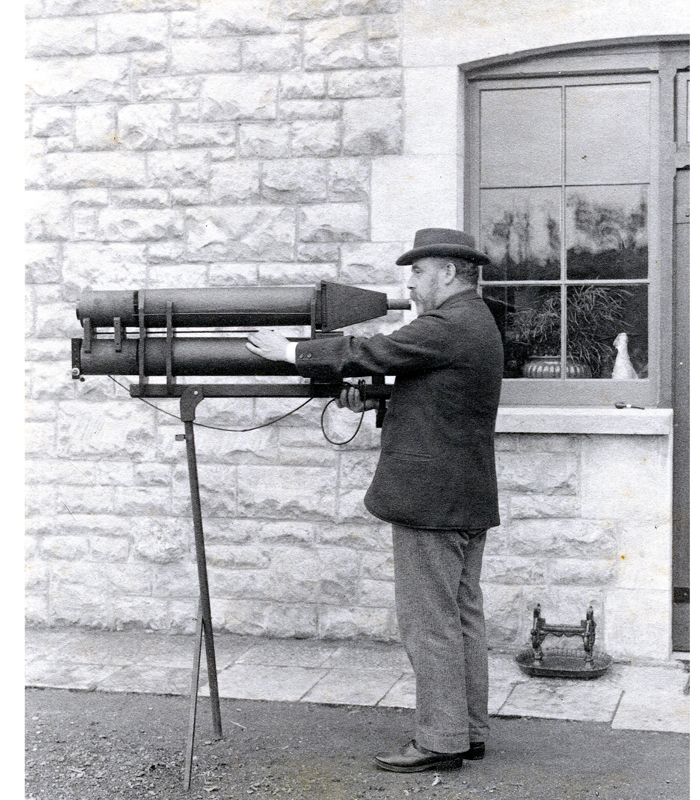The Wessex Project: Thomas Hardy Architect
Prof Kester Rattenbury, University of Westminster
Awards RIBA President's Awards for Research 2019
Category History & Theory

Cultural links between architecture and literature are manifold, and often alluded to in passing by architects and writers, yet there has been no in-depth systematic enquiry into this important subject. Now, as a result of two decades of research that combines architectural and literary criticism, this book provides a ground-breaking ‘reading’ of Thomas Hardy’s work – the renowned novelist and poet having trained and worked previously as an architect.
Thomas Hardy’s architectural works have long been seen as a confusing mixed bag, wildly at odds with his famous novels and poems. Yet despite more than 150 years of literary and biographical research, this is the first time his work has been studied in detail by an architectural writer.
This project therefore examines his surviving buildings, maps, experimental drawings, photographs and stage set designs (neither previously recognised as ‘by’ Hardy) and conservation campaigns – and reinterprets these in context of his novels, plays, poems and factual writings – whose architectural cultures it also explores. It reconstructs his part-real, part-dream world that he called ‘Wessex’ as a conscious, experimental and polemical ‘copyright’ architectural project, foreshadowing experimental works of the twentieth century.
The Wessex Project: Thomas Hardy Architect has been acclaimed by Hardy scholars as ‘a totally new approach to Thomas Hardy’ and ‘a must read for anyone with an interest in Hardy… like a second post-mortem, where the Home Office pathologist transforms a muddle of non-sequiturs into a coherent narrative’.
The book further argues that Hardy never gave up architecture, remaining a potent, deliberate and influential critic through his huge fictional outreach. It shows that he was an active experimenter in drawings, photography and set design, and argues that his fictional writings, integrated with ‘real’ conservation work, formed a deliberate campaign which still greatly shapes the conservation culture of England.






